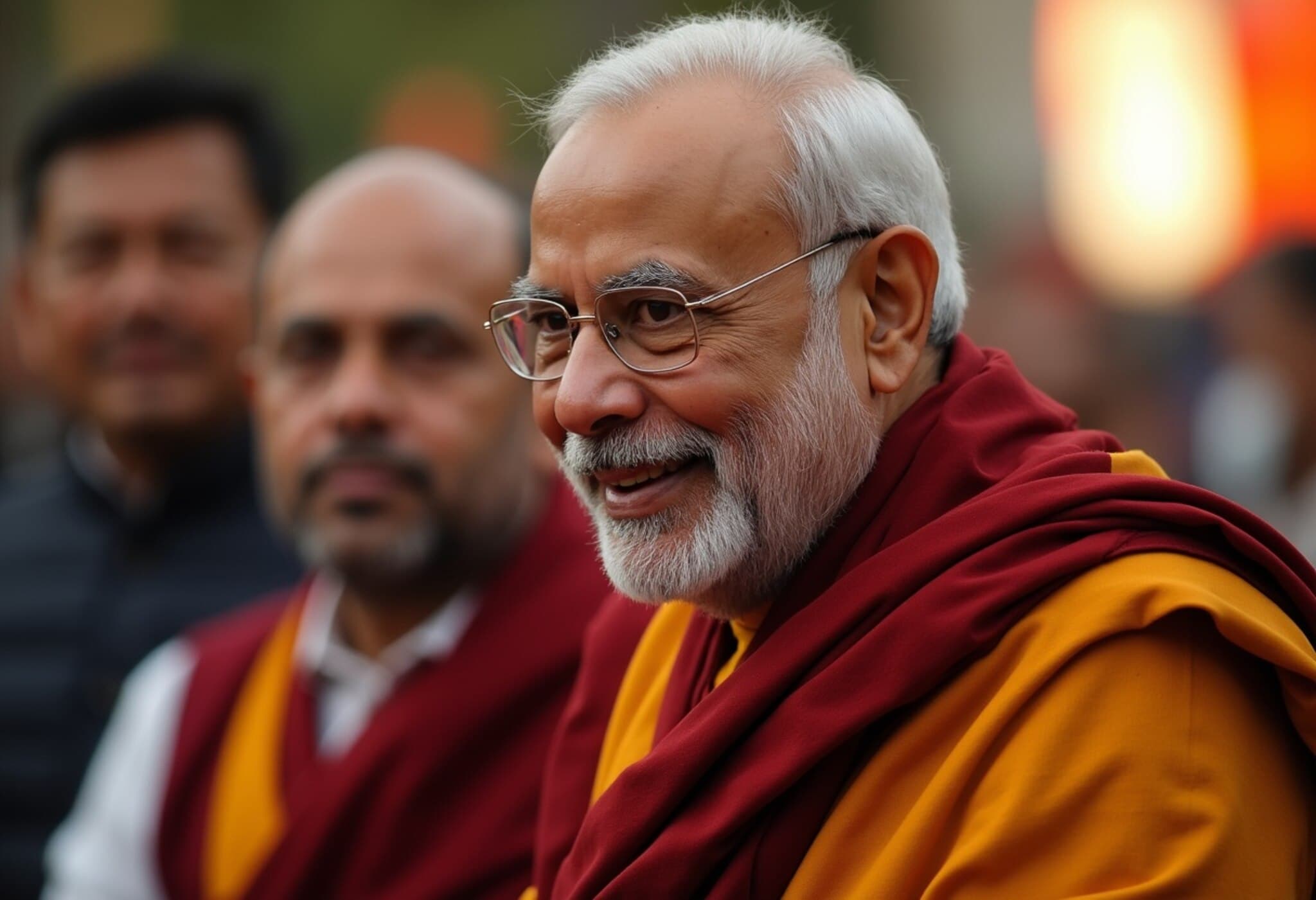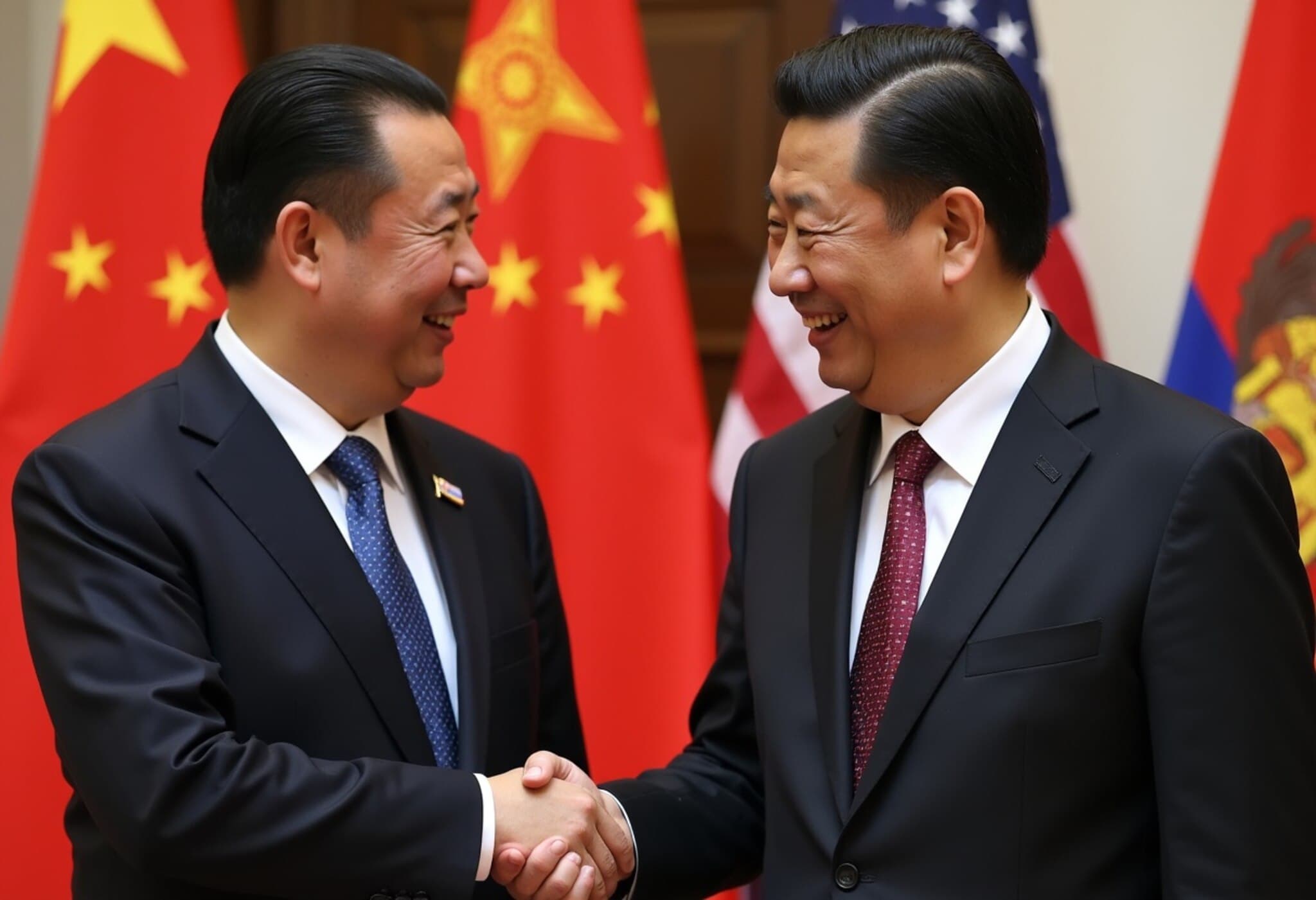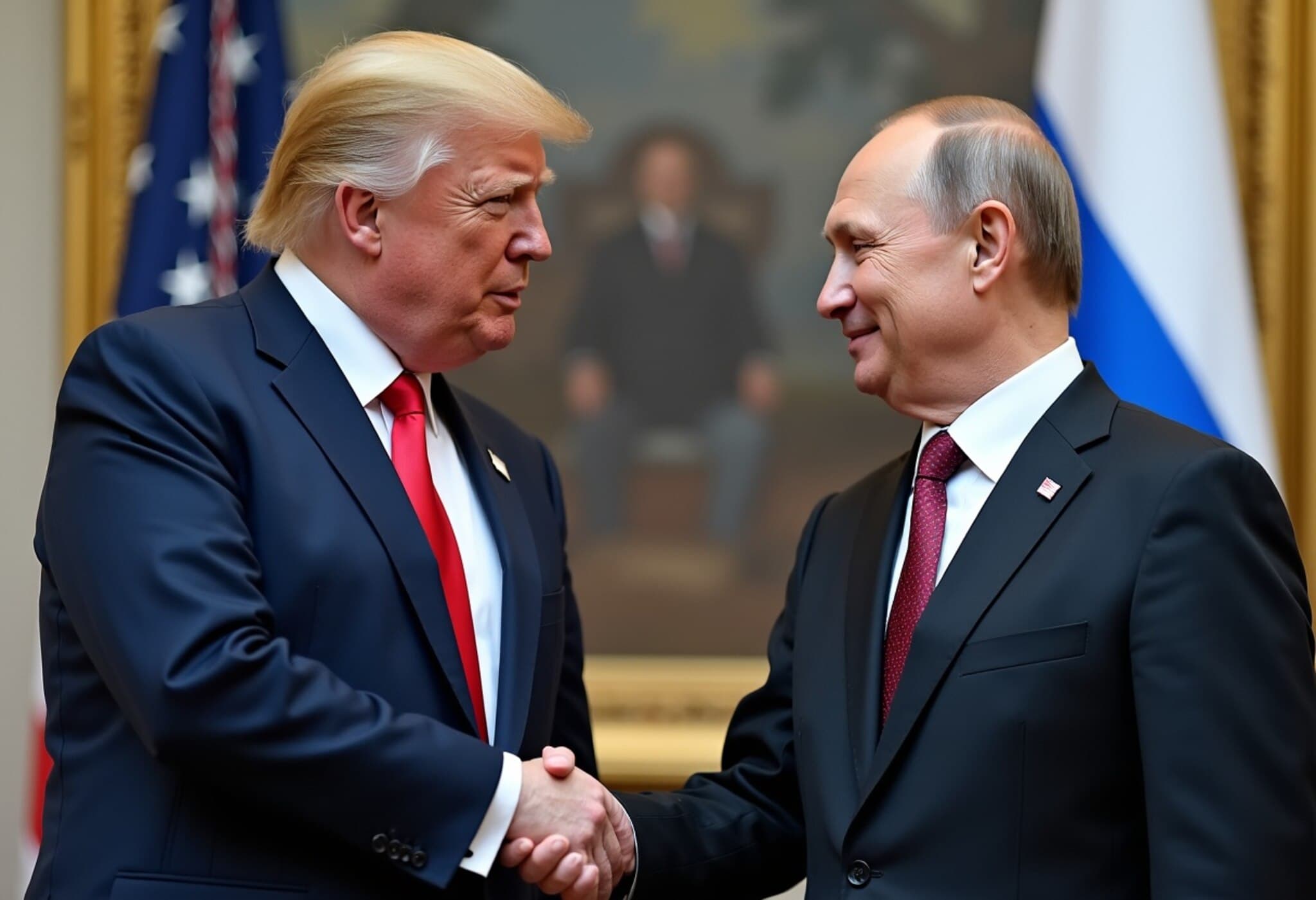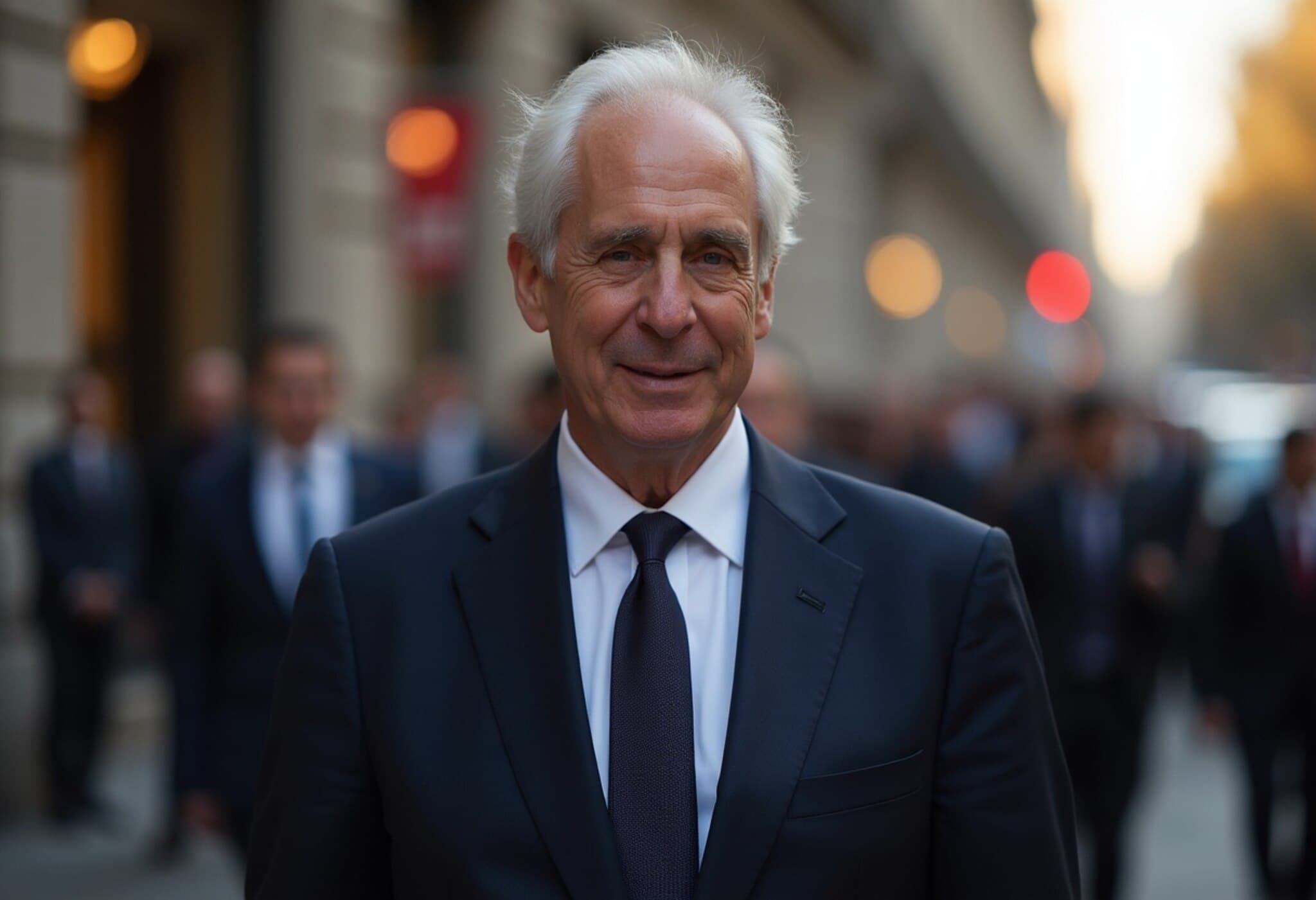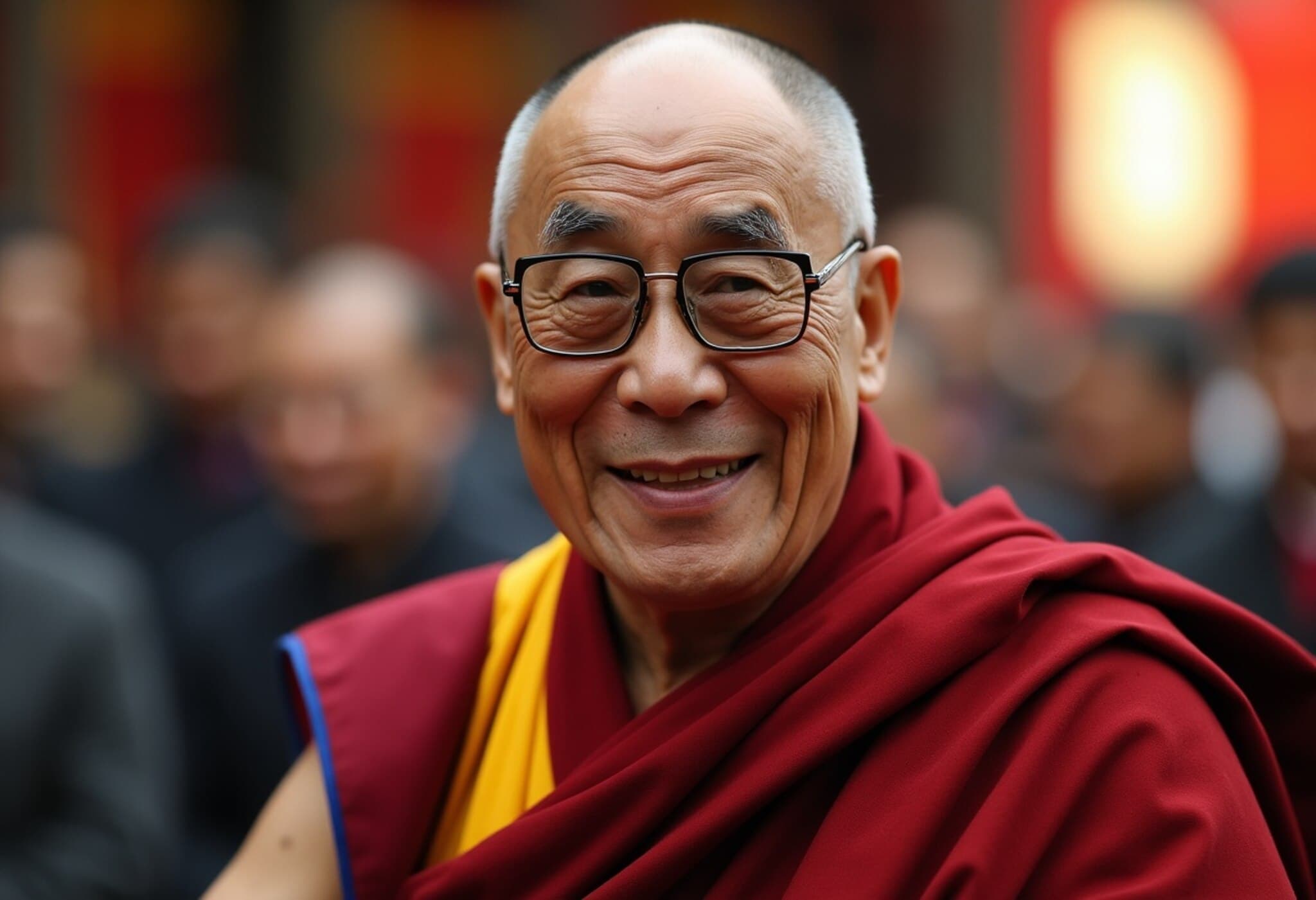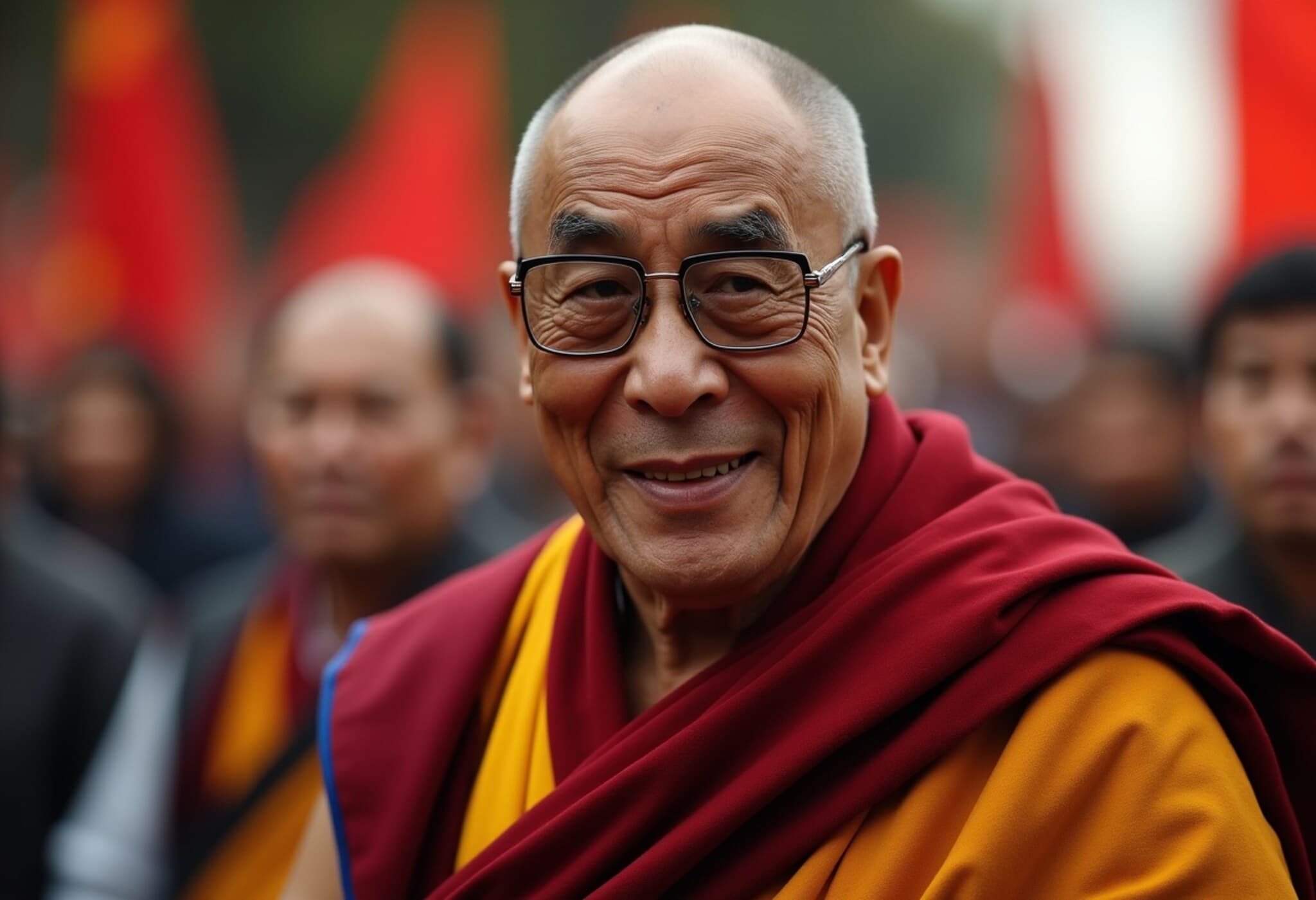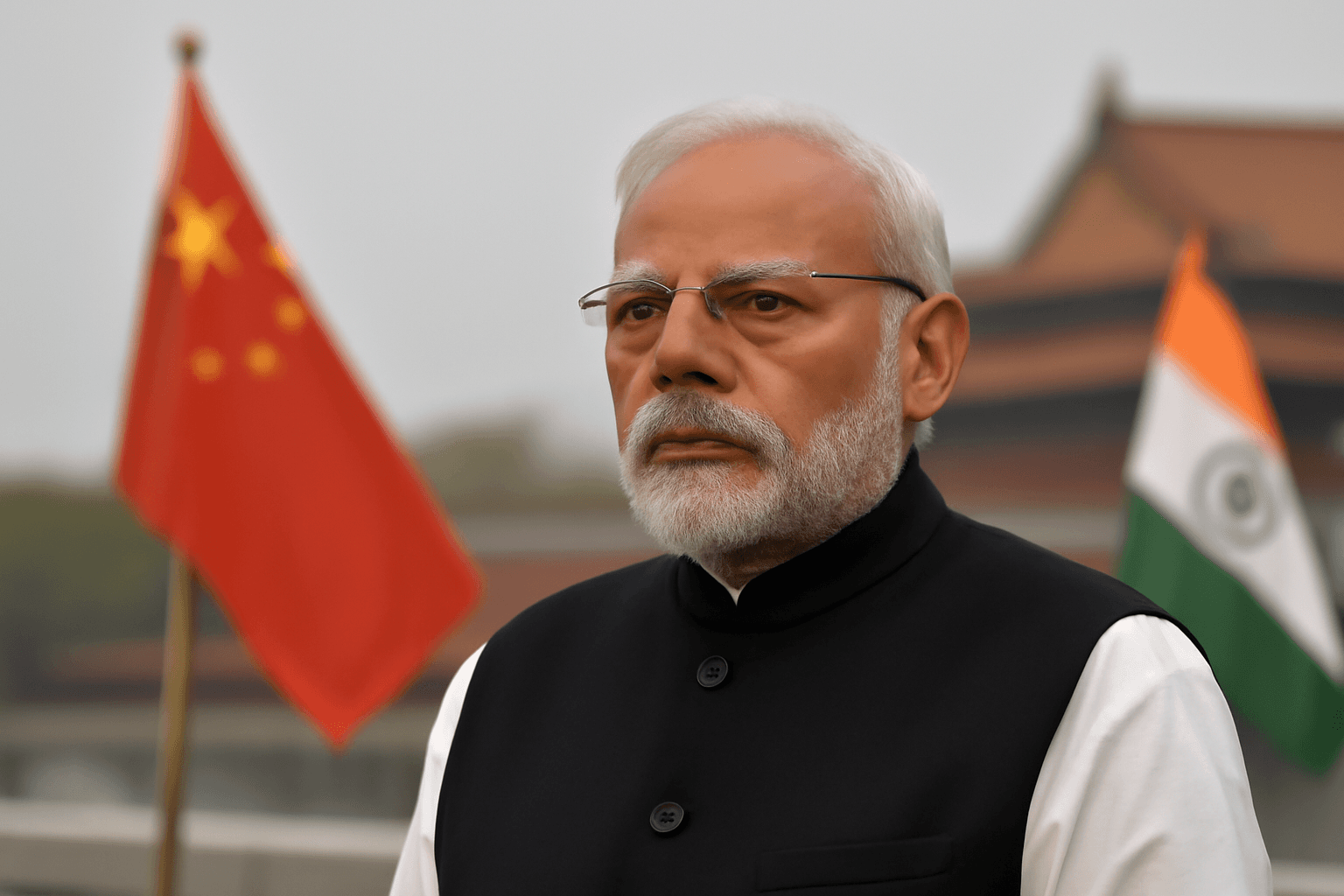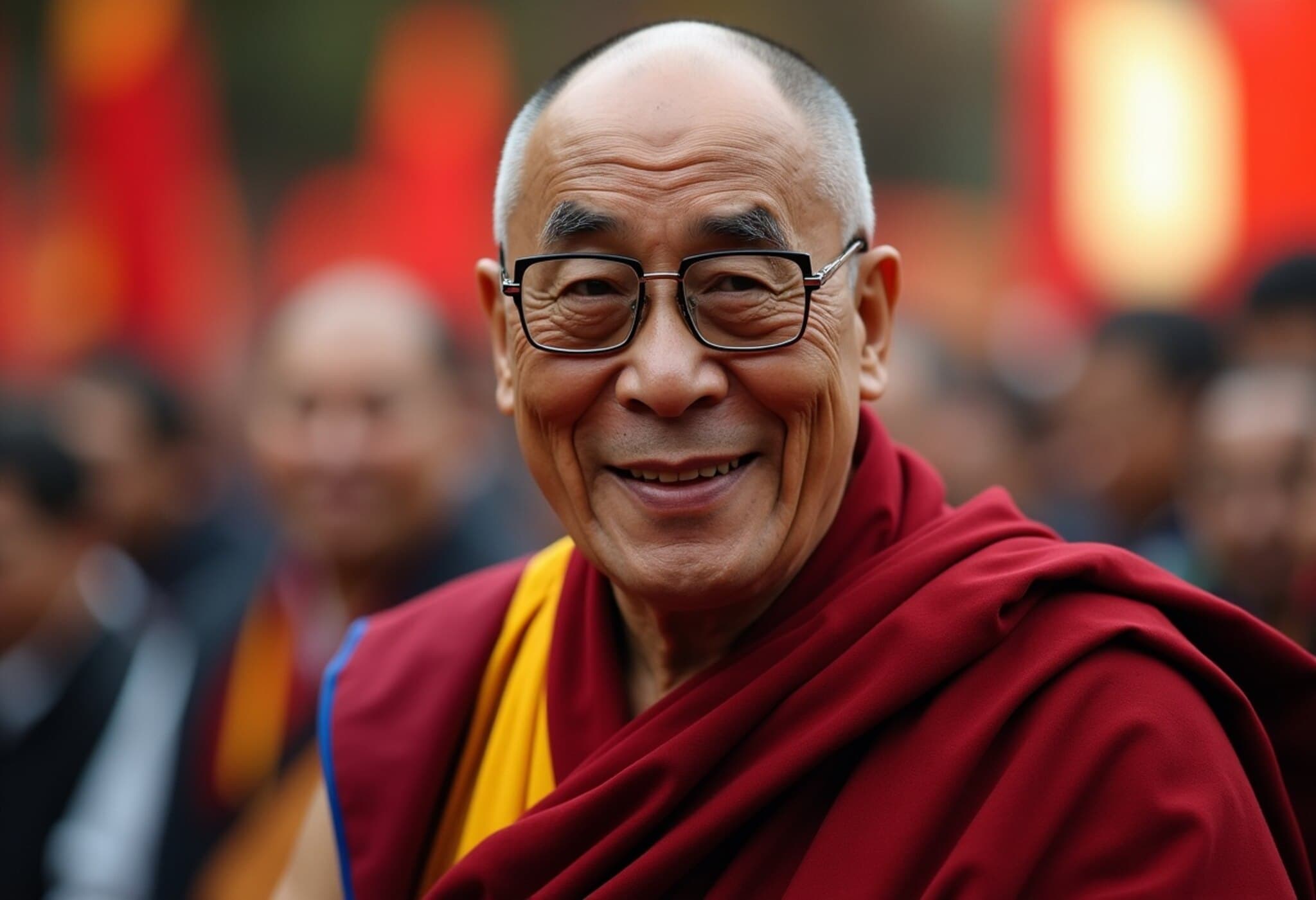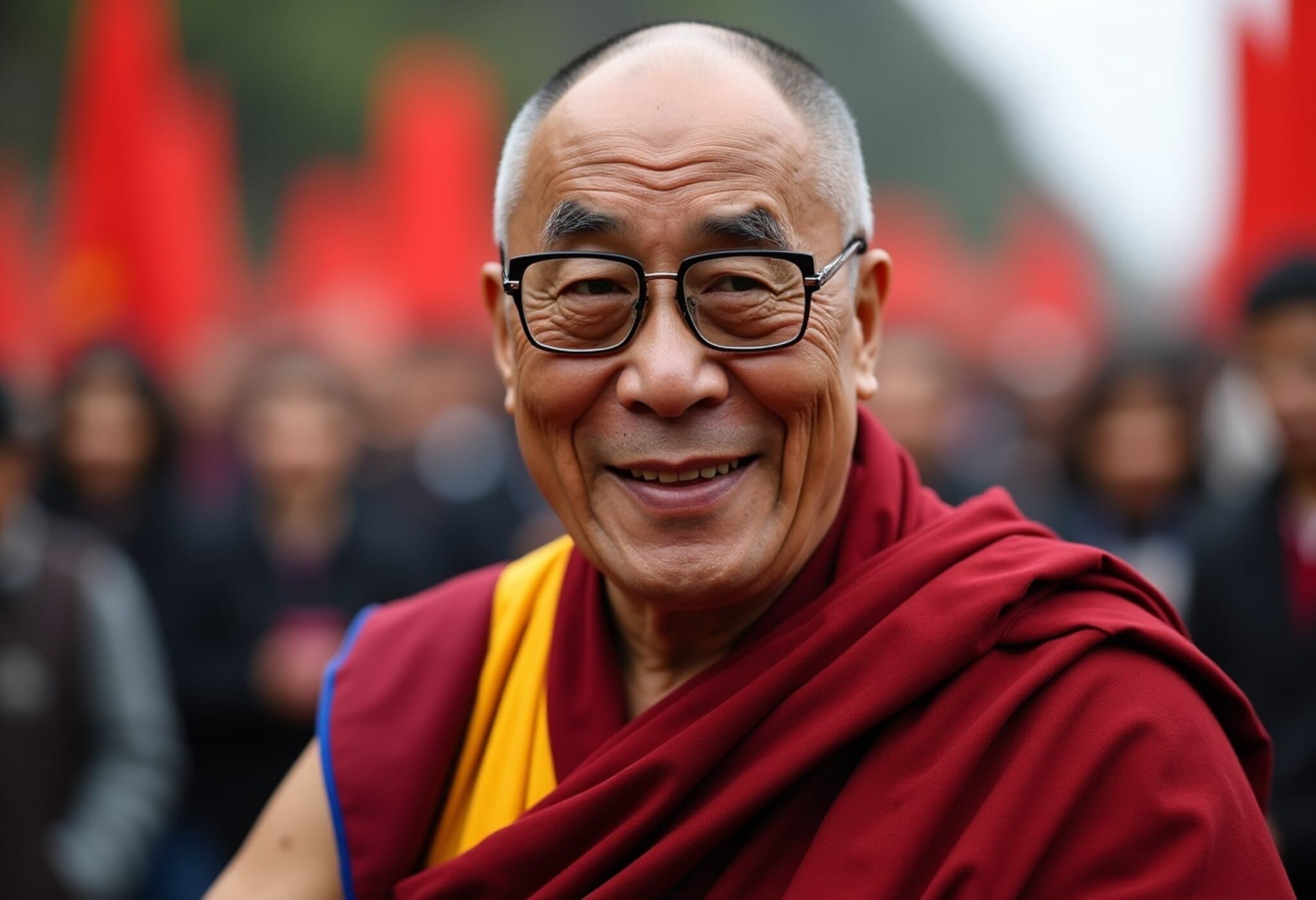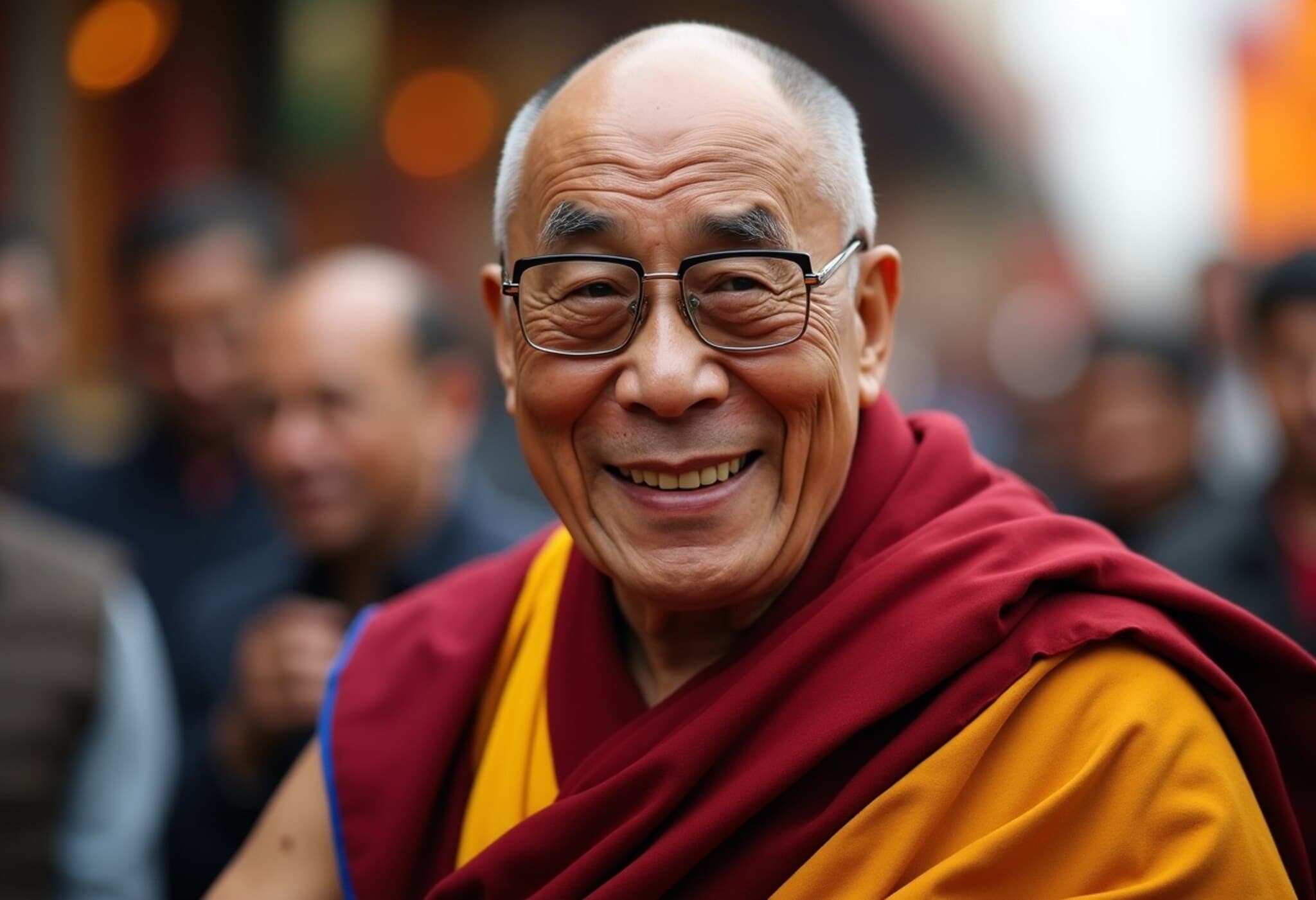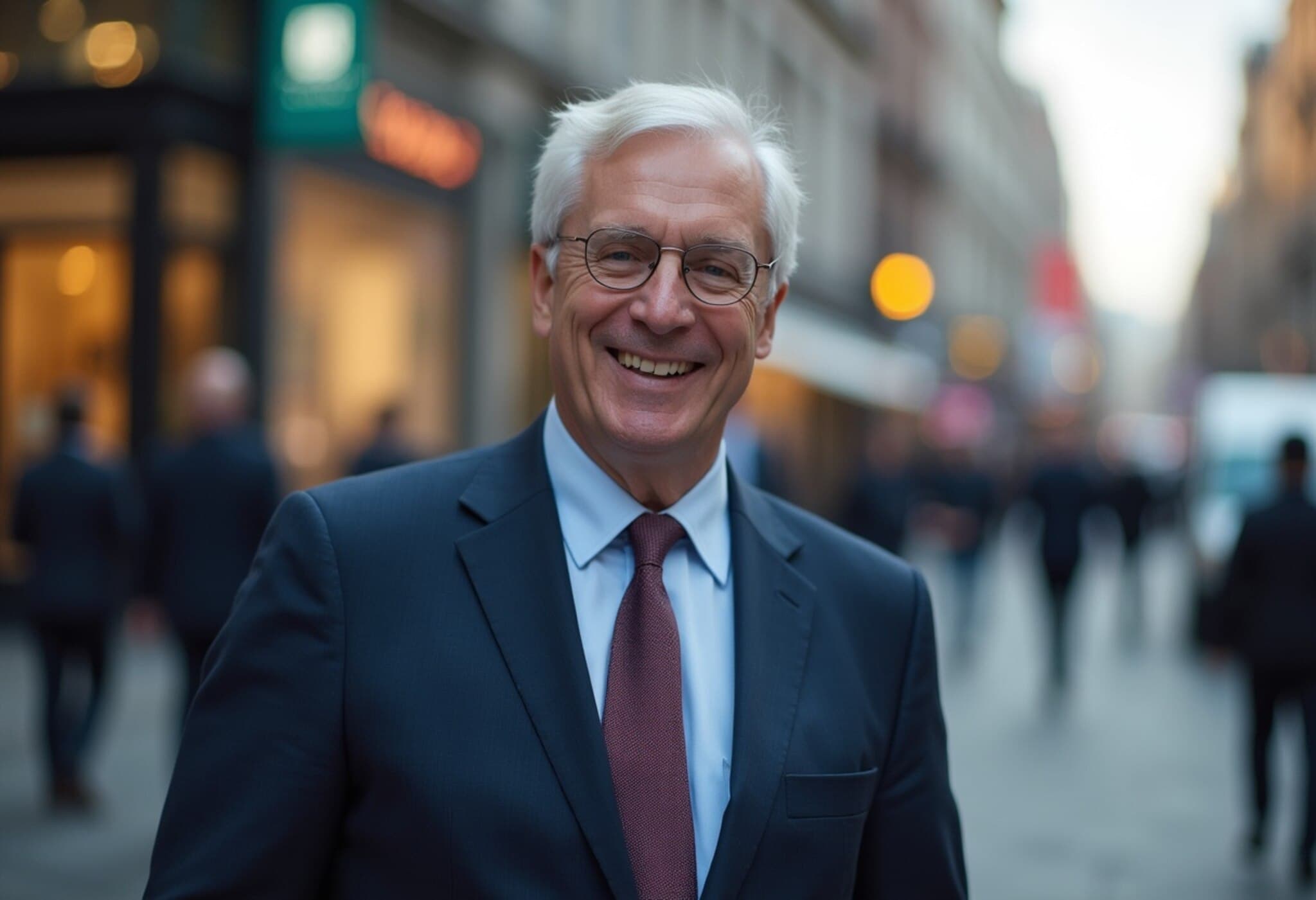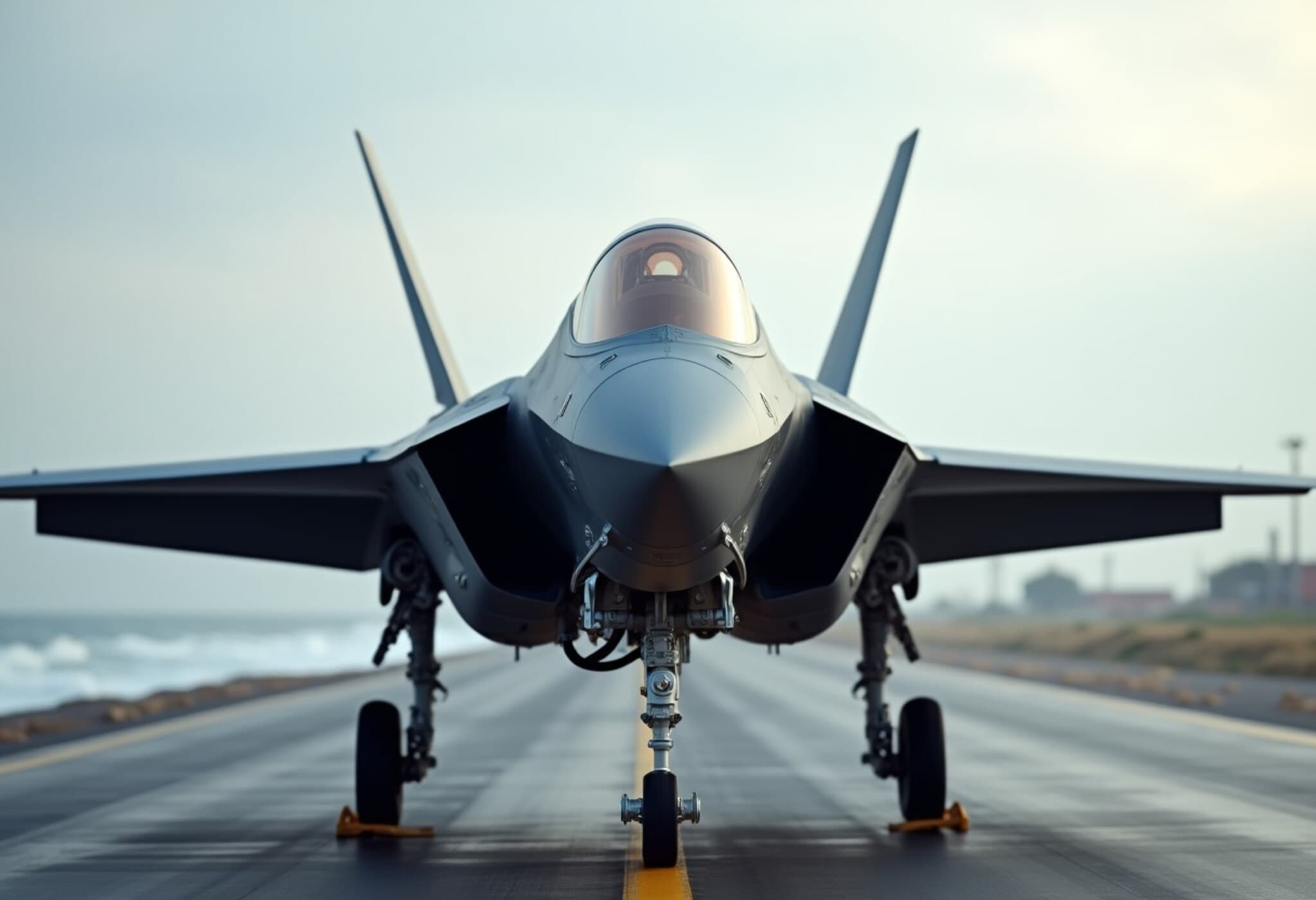PM Modi’s Birthday Greetings to Dalai Lama Stir Diplomatic Friction with Beijing
On July 6, 2025, Prime Minister Narendra Modi extended warm birthday wishes to the Dalai Lama, marking the Tibetan spiritual leader’s 90th birthday. While millions in India and beyond celebrated the Dalai Lama’s legacy of compassion and peace, the gesture ignited a sharp rebuke from China, underscoring the persistent sensitivities fueling Sino-Indian relations.
China's Formal Protest: A Warning Against ‘Interference’
In response, China lodged a formal diplomatic protest, cautioning New Delhi against meddling in what it calls its “internal affairs”. Chinese Foreign Ministry spokeswoman Mao Ning emphasized the need for India to honor its previous commitments regarding Tibet, describing the Dalai Lama as a “separatist” engaging in efforts to divide China under the guise of religion. Her statement, quoted by the South China Morning Post, called on India to exercise prudence and refrain from actions perceived as supporting Tibetan separatism.
PM Modi’s Message: Celebrating Compassion Amid Political Complexities
PM Modi took to social media platform X to convey his birthday message: "I join 1.4 billion Indians in extending our warmest wishes to His Holiness the Dalai Lama on his 90th birthday. He has been an enduring symbol of love, compassion, patience and moral discipline. His message has inspired respect and admiration across all faiths. We pray for his continued good health and long life." This public acknowledgment highlights Modi’s recognition of the Dalai Lama’s spiritual influence, which resonates deeply with many Indians, especially given India’s role as host nation to the Tibetan exile community since 1959.
Historical and Geopolitical Context
The Dalai Lama fled Tibet after the 1959 uprising against Chinese rule and has since lived in Dharamsala, India, heading the Tibetan government-in-exile. While India officially recognizes Tibet as part of China following a series of diplomatic agreements, hosting the Dalai Lama remains a sensitive point between the two countries.
This incident reflects ongoing strains amid broader Sino-Indian tensions, which include border disputes and economic competition. The Dalai Lama remains a touchstone for issues related to Tibetan autonomy, religious freedom, and human rights—topics China regards as threats to its sovereignty.
Recent Developments: Succession Disputes and Religious Authority
The controversy deepens around the question of the Dalai Lama’s successor. India’s Minister for Parliamentary and Minority Affairs, Kiren Rijiju, recently affirmed that only the Dalai Lama or the trust he established has the authority to decide on his reincarnation. This stance directly challenges Beijing’s position, which demands the selection comply with Chinese laws and require government approval.
The Chinese government promotes the Panchen Lama—considered the second-highest figure in Tibetan Buddhism—as a counterbalance, with the current Panchen Lama residing in Beijing and actively engaging in religious duties under the state’s supervision. President Xi Jinping’s recent meeting with the Panchen Lama highlighted China’s ongoing campaign to “Sinicise” religion by aligning Tibetan Buddhism closer to state ideology and control.
Implications for Sino-Indian Relations and Regional Stability
This diplomatic episode serves as a reminder of the fragile equilibrium that defines Sino-Indian relations. It raises critical questions about how India balances its role as a democratic haven for Tibetan exiles with pragmatic ties to a powerful neighbour. Furthermore, it signals how symbolic gestures surrounding religious figures can become flashpoints in geopolitical rivalry.
Experts suggest that managing these sensitivities with careful diplomatic language will be essential, especially as both countries navigate other complex issues, including border security and trade. The Dalai Lama’s enduring global stature and India’s democratic values often place New Delhi in a delicate position vis-à-vis Beijing’s assertive policies in Tibet.
Underreported Dimensions: The Tibetan People’s Plight
While international focus often centers on the Dalai Lama himself, less attention is given to the daily realities faced by Tibetans under Chinese administration. Issues such as cultural repression, religious restrictions, and economic marginalization continue to affect millions—a backdrop that fuels the emotions and politics surrounding the Dalai Lama’s legacy and India’s role as sanctuary.
Editor’s Note
This incident underscores the complex intersection of religion, identity, and geopolitics in South Asia. PM Modi’s birthday wishes to the Dalai Lama illuminate India’s cultural solidarity with Tibetan exiles but also spotlight the diplomatic tightrope walked in relations with China. The unresolved question of the Dalai Lama’s succession and China’s escalating control over Tibetan religious institutions suggest that tensions are far from over. Readers may reflect on how spiritual leadership roles become entangled in national sovereignty disputes and what that means for regional peace and human rights in the Himalayas.

